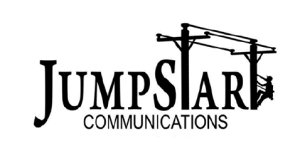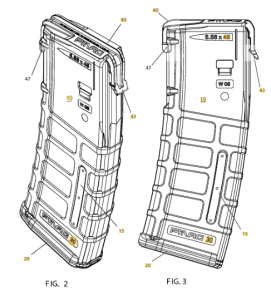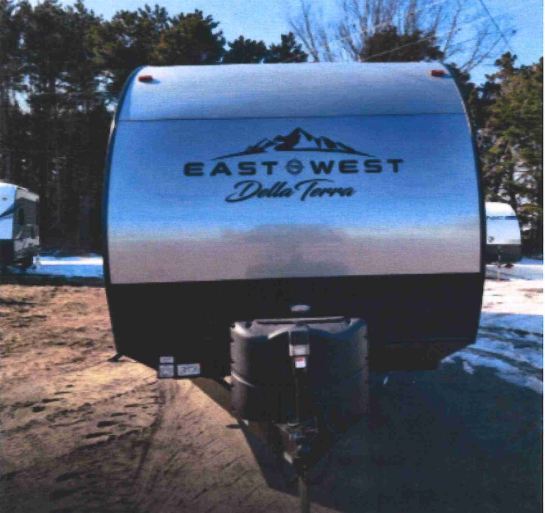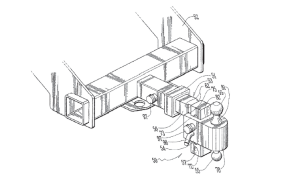 Uriah Products, LLC has filed a lawsuit against CURT Manufacturing LLC for patent infringement. Uriah, a Missouri-based company that has been making and selling trailer parts since 2004, claims CURT is violating its rights under U.S. Patent No. 10,857,846. This patent, issued in December 2020, protects an adjustable hitch assembly used in towing equipment, such as Uriah’s popular Aluma-Tow Hitch Ball Mount.
Uriah Products, LLC has filed a lawsuit against CURT Manufacturing LLC for patent infringement. Uriah, a Missouri-based company that has been making and selling trailer parts since 2004, claims CURT is violating its rights under U.S. Patent No. 10,857,846. This patent, issued in December 2020, protects an adjustable hitch assembly used in towing equipment, such as Uriah’s popular Aluma-Tow Hitch Ball Mount.
According to Uriah, CURT is selling similar products under its Alumalite Adjustable Aluminum Hi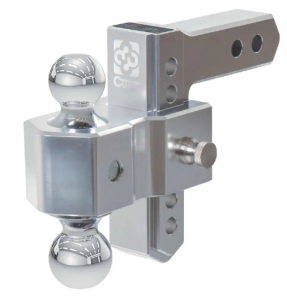 tch line, which include models with varying drop sizes. Uriah argues these products infringe on key features of the ‘846 patent. It also states that CURT’s products are almost identical to its own, apart from size differences and the distances between the top of the hitch and ball mount of the hitch.
tch line, which include models with varying drop sizes. Uriah argues these products infringe on key features of the ‘846 patent. It also states that CURT’s products are almost identical to its own, apart from size differences and the distances between the top of the hitch and ball mount of the hitch.
In the lawsuit, Uriah is asking the court to declare that CURT has infringed on the patent, to stop CURT from selling the infringing products, and to award damages for the harm caused. Uriah also wants the court to order CURT to pay its legal fees and any additional relief the court finds appropriate.
 Indiana Intellectual Property Law News
Indiana Intellectual Property Law News


